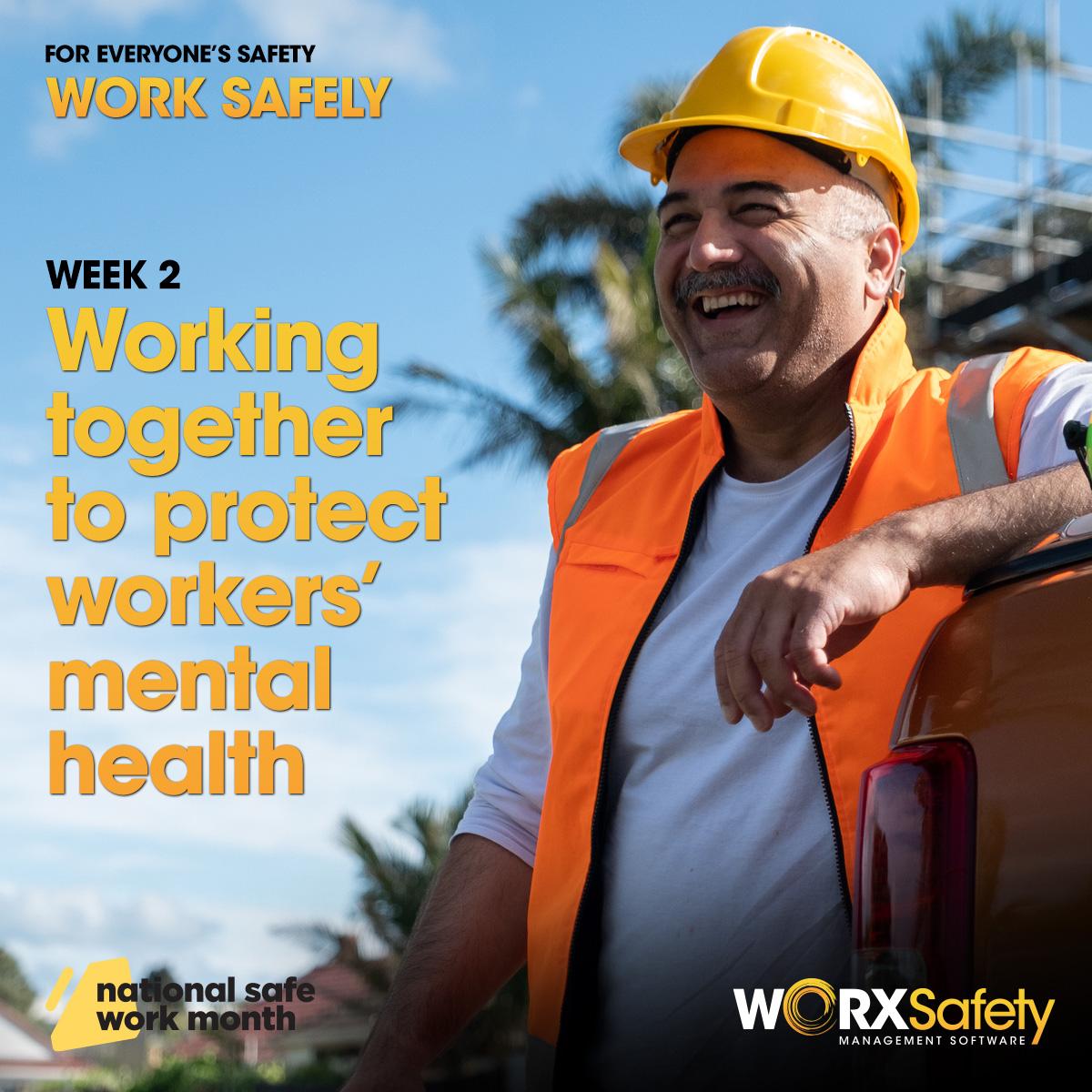
Working Together to Protect Workers’ Mental Health
Mental health and psychosocial hazards refer to workplace risks that can result in both mental and physical harm. The mental harm may manifest as anxiety or depression, while physical harm can involve musculoskeletal or fatigue-related injuries. Common psychosocial hazards encompass:
- job demands
- low job control
- insufficient support
- role ambiguity
- inadequate organizational change management
- lack of recognition
- organizational injustice
- traumatic events
- remote work
- unfavorable physical environment
- violence
- bullying
- harassment (including sexual harassment)
- and conflicts or challenging workplace relationships.
Interactions Among Psychosocial Hazards
These hazards can interact or combine, leading to the creation of new, altered, or heightened risks. It's crucial to consider all these psychosocial hazards that workers may face when managing the associated risks. While some hazards may not pose psychosocial risks individually, they can do so when combined with other hazards. In severe cases, certain hazards may present risks on their own.
Impact of Psychological Injury
On average, psychological injuries linked to work have lengthier recovery periods, increased costs, and necessitate more time off from work.
Effectively Managing Psychosocial Hazards
Companies utilising Worx Safety empower their employees and contractors to promptly report a possible mental health concern, either by the individual affected or a co-worker through a 'Safety Issues Register', ensuring timely notification to management and minimises the risk of subsequent harm.
Sign up today by speak to our team about how Worx Safety could be implemented into your company by making contact, or if you prefer, you can book an online demo.
